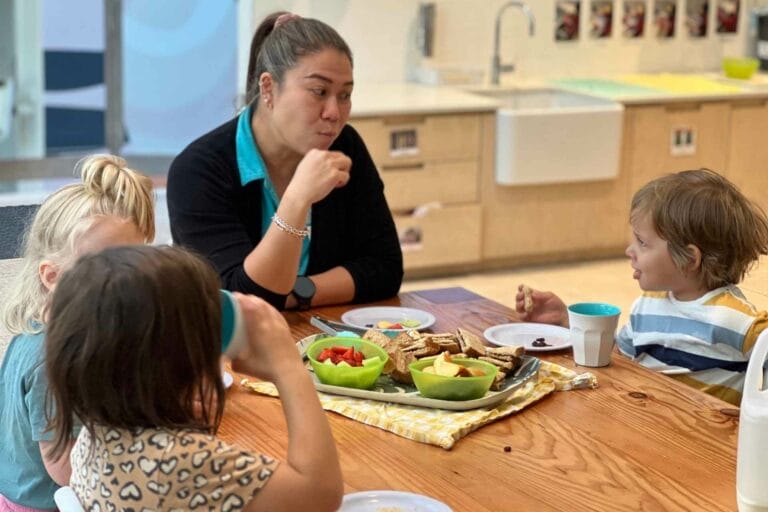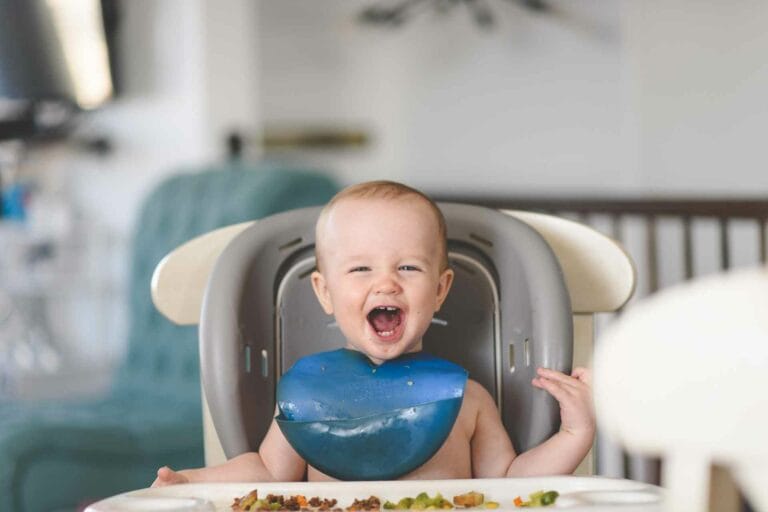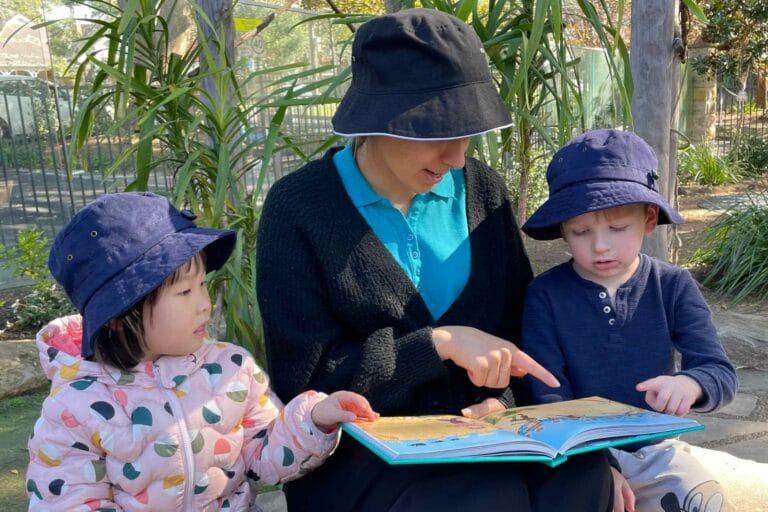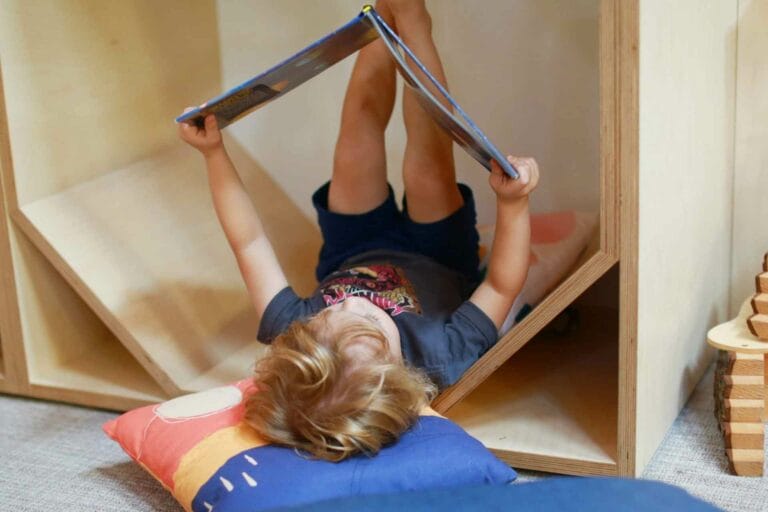How to best care for your child’s teeth
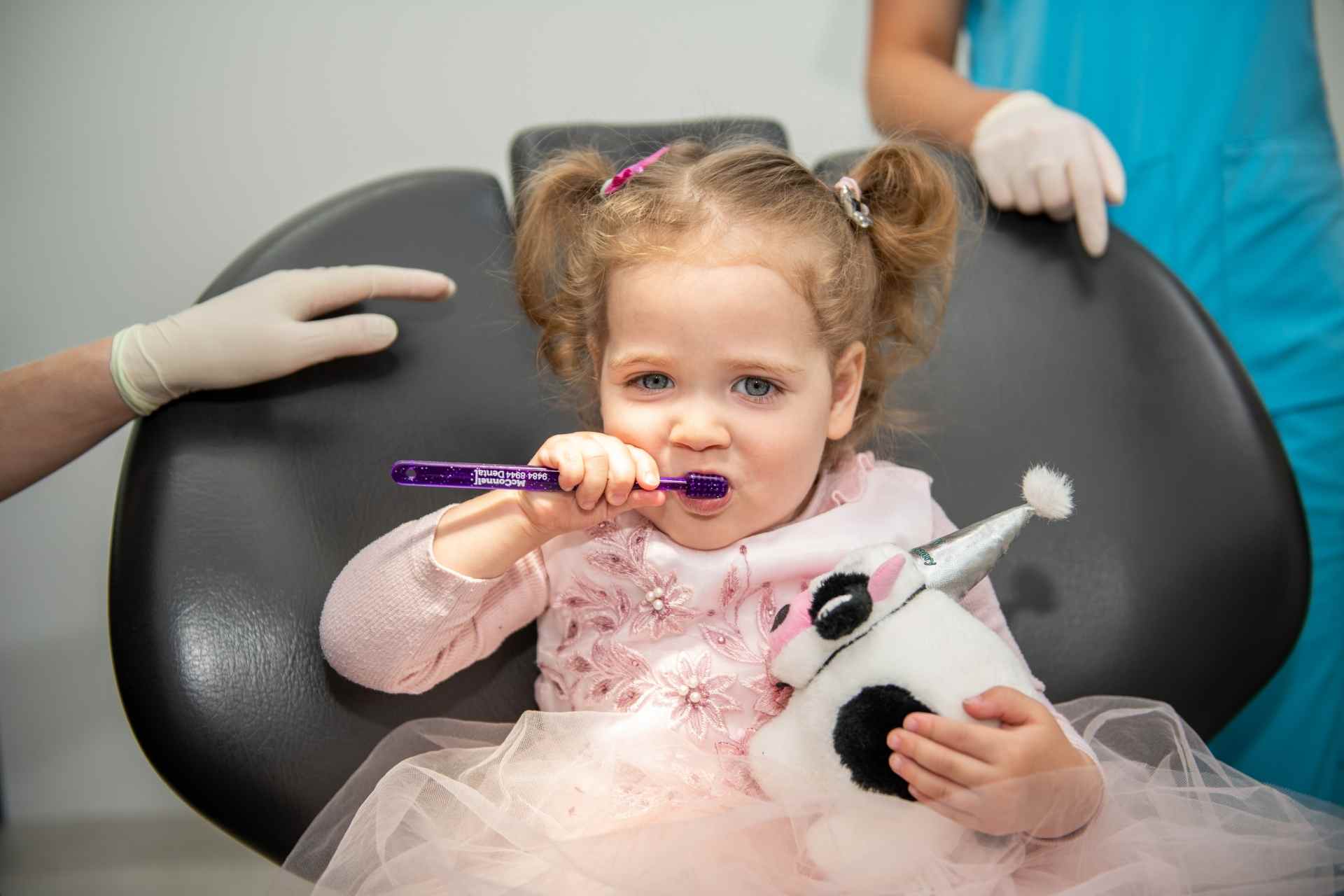
As a parent, I know we want to do everything we can so that our children grow up healthy and strong. Knowing how to care for your child’s teeth is not an exception. I have formulated a simple guide throughout the different stages of your child’s development to ensure a healthy mouth for your little one.
Before their first teeth arrive
Even before your child’s first teeth arrive good oral hygiene practices should be implemented. Bacteria from the foods and drinks that your baby eats during the day can still accumulate in their mouth throughout the day. After your baby’s first and last feed of the day, it is good to run a clean damp cloth/ gauze pad over the rims of your baby’s gums. This will ensure a clean and healthy mouth for when the first teeth erupt.
Teething
An exciting stage in your baby’s development can quickly turn sour with the eruption of those pearly whites. Usually, by 6 months, the first tooth will appear in their mouth. The last baby teeth will erupt by the time they are 2-3 years old. To ease the pain associated with teething you can follow these simple tips:
- Massage your baby’s gums with a clean finger to ease their discomfort.
- Keep it cool with a cold (not frozen) teething ring.
- Soft foods.
- ‘Over the counter’ medicine, i.e. children’s Panadol, if your baby is especially grizzly.
First dental visit
The Australian Dental Association recommends that your child have their first dental visit around their first birthday. At this visit, your baby will usually sit on your lap while the dentist looks inside their mouth and discusses at-home oral hygiene practices. It is important for the dentist to see your child every 6-12 months to monitor tooth development, assess any spacing issues and aid in the prevention or detection of cavities.
Oral hygiene care for under 2 years
When those first teeth arrive you should start brushing them twice a day after the first and last feed of the day. Only a rice-sized amount of children’s toothpaste should be used. Children’s toothpaste has the correct amount of fluoride for your baby’s teeth. Fluoride is good for developing strong teeth but too much at this age can cause little white spots (fluorosis) on their developing teeth.
A healthy diet low in sugar is important to implement at this stage.
Avoid giving your baby a bottle in bed and never give anything other than milk or water in your baby’s bottle.
Oral hygiene care for 3-5 years
At 3 years old or when your child is able to confidently spit out toothpaste you can increase the amount of children’s fluoridated toothpaste to a pea-sized amount. Continue to brush your child’s teeth morning and night. It is good to give them a go after you have done a thorough clean of their mouth.
It is important by age 3 that you have ditched the dummy as this can create the front teeth to stick out and not close together properly.
Again, focus on a healthy diet low in sugar.
6 monthly checkups at the dentist are important to get them used to the dentist, form good oral hygiene practices and prevent early decay.
Oral hygiene care for 6-12 years
The front teeth fall out at 6 -7 years of age. The back teeth (those used for chewing) do not fall out until they are 10-12 years old. This is why caring for the baby teeth is so important. The baby teeth not only enable chewing for a healthy diet but act as space maintainers for the adult teeth to come through.
6 years old is also when the first adult molars come through. These teeth will be present for life, so it is important to have established good oral hygiene principles. The dentist will sometimes recommend sealing these permanent molars with a wash of resin over the grooves of these teeth. This helps stop food trapping in the deep crevices, but good oral hygiene and a healthy diet are still essential.
At this age, it is important to steer clear of hard chewy lollies, juice and soft drink.
At 8-9 years old the dentist will assess the mouth for space and if early orthodontic intervention is needed
Oral hygiene care for 12 years plus:
12-13 years old is an important milestone in the development of your child’s mouth. Often by this stage, they should have all their permanent teeth (minus their wisdom teeth). Regular dental check-ups are essential for the prevention and detection of early decay and monitoring for any orthodontic intervention.
Again, keep to a healthy diet low in sugar.
We hope that this article has helped you to better understand your child’s oral health needs. If you would like to find out more about our service you can book a tour or send us a message.

Written By
Written by Dr Olivia McConnell (CEEC Parent) is one of the principal dentists at “McConnell Dental” in Beecroft. She is a mother of two daughters and has a strong focus on preventative dentistry. Visit mcconnelldental.com.au for more information or follow McConnell Dental on Facebook or Instagram @mcconnell.dental
